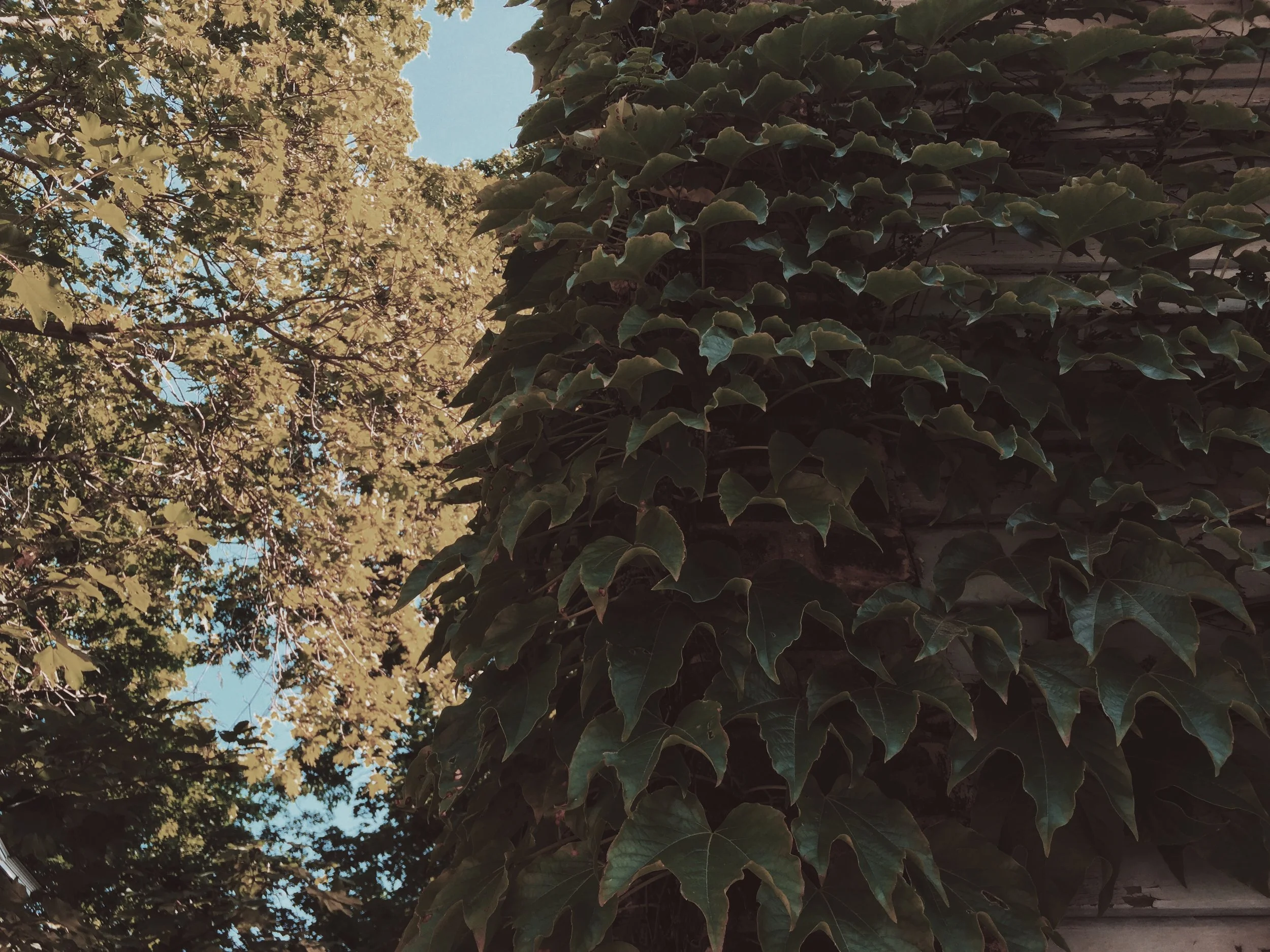freedom
a painful freedom
“I will give thanks to You, for the greatness of the way I was made brings fear. Your works are great and my soul knows it very well.”
Where do we truly stand among all this pain and all this suffering occurring around us?
Shall we be angry?
Shall we be frustrated?
Shall we be annoyed?
Shall we be confused of it all?
Shall we falter?
Shall we stand silent?
Among all this pain and all this suffering, we shall not sit idly by.
“Which of you, if your son asks for bread, will give him a stone?”
Which do you believe is smarter: denying our children and future generations of a better and much safer world or preparing for them a temporary home where they can prosper?
Now, what if I asked “Which is more likely”?
I believe the answer would be quite the opposite.Although we have the responsibility, the obligation and the opportunity to initiate change, it’s saddening, and yet not-so alarming, to understand that it will probably take a long while to see the change we want and deserve.
All we can truly do, at this moment, is hope.
My hope is not only for my children and their children and for future generations to live as Christians, but to live as Christians in a world that is ideal, that is safe, and one that makes sense in which they can practice their beliefs without persecution, segregation, discrimination, treachery, hatred towards them, but as well as towards others. Our citizenship belongs to the Lord and with those we call brothers and sisters, but we cannot simply watch others mourn and others succumb to pain if we have been given the ability to make a difference. Isn’t that part of being God’s people? To help and bring others towards the light. To share our faith and to use our God-given gifts. If this requires me to take a stance, in debates of gun control, in issues of injustice within our so-called justice system, in crimes and unfair biases against race, sexuality and gender, then I must do what I can to solidify and to prepare a better place for ourselves and for future generations.
C.S. Lewis writes, “the Christian doctrine of suffering explains, I believe, a very curious fact about the world we live in. The settled happiness and security which we all desire, God withholds from us by the very nature of the world: but joy, pleasure, and merriment, He has scattered broadcast. We are never safe, but we have plenty of fun, and some ecstasy. It is not hard to see why. The security we crave would teach us to rest our hearts in this world and oppose an obstacle to our return to God…Our Father refreshes us on the journey with some pleasant inns, but will not encourage us to mistake them for home.”
I believe for many of us, we see but we ignore and we hear but let things go. We are quick to overlook the most obvious situations that has been happening in the world today, becoming somewhat selfish in only looking out for our own salvation. Maybe because it makes us uncomfortable or we simply do not know how to react to these certain things. And that maybe it’s difficult to admit to our realization that some areas are actually not so black and white to us; that these grey areas come about and it becomes quite nerve-racking in approaching the subject. Maybe it’s easier to defer to a conviction that we have learned rather than maintaining a conviction that we believe.
The main reason for the pain we see everywhere is the choice that was made by the Paradisal man during the Fall. It was brought upon ourselves an endless cycle of temptations and sin. Through time we have come up with creatives ways to swathe this original guilt; with wrath, envy, bigotry, lust, sadism, pride, ignorance, and everything else that is inherently bad. And with these, we have denied any sense and any opportunity of revival.
We have denied God. And His existence.
Why? Because all these terrible things exist?
“I praise you because I am fearfully and wonderfully made; your works are wonderful. I know that full well.”
“I will give thanks to You, for the greatness of the way I was made brings fear. Your works are great and my soul knows it very well.”
At certain moments, we may find ourselves complaining about the free will we are given. We ask, “Why would He bother giving us a choice if these choices can lead to dark paths?” With this, we’d be questioning His image. He made us conscious and complex beings in order to fully understand the meaning of His purpose and for us to seek Him out.
But this freedom can be our biggest downfall.Considering all that has been happening, our most important priority and our biggest concern must lie in defending God’s goodness in the face of the world’s evil. At times of mass confusion, we desire and demand truth - this instant truth we believe we deserve. Shall we lose sight when we do not get what we want? Pain will always hurt; it’s not supposed to be easy. God decided the world to be that way. Since the great Fall from the time of Paradise, there has been many times the faith of God’s people have been tested. And we can argue and ask why these tests and experiments of faith would be needed when God Himself knew of the outcome. “Who are we to say that because God knows, the thing known by God need no exist,” Lewis writes. This would go against all the things that make God amazing.
So even though there is evil and there is pain and there is suffering.
And that there will always be evil and there will always be pain and there will always be suffering, we must come to understand maybe faith requires more than just believing.
It requires understanding the world and forming a conviction to avoid having a faith that is learned or forced upon.“At one time we too were foolish, disobedient and enslaved by all kinds of passions and pleasures. We lived in malice and envy, being hated and hating one another. But when the kindness and love for God our Savior appeared, he saved us, not because of righteous things we had done, but because of his mercy.”
“If tribulation is a necessary element in redemption, we must anticipate that it will never cease till God sees the world to be either redeemed or no further redeemable. A Christian cannot, therefore, believe any of those who promise that if only some reform in our economic, political, or hygienic system were made, a heaven on earth would follow.” The Problem of Pain, C.S. Lewis (p. 114-115)Ultimately, our trust should not lie in the government because it cannot save us…only God can save us. But the laws and the rules created in the government, made for its citizens, should be able to keep us alive. Christian or not, we should be able to walk out of house every single day and come back in one piece; not troubled, not underwhelmed, not undervalued, not disheveled, not weary, not assaulted, not suffocated by the demons that these governments let loose, overlook, and allow to cause such pains. Even though we are kept from seeing justice done, we cannot find ourselves selfish in sharing our hopeful freedom.“For you will certainly carry out God’s purpose, however you act, but it makes a difference to you whether you serve like Judas or like John.” The Problem of Pain, C.S. Lewis (p. 111)While we, as Christians, see morality as black and white, and sometimes grey areas may come about, others see a whole prism of color. With this, we cannot decide to keep a monochrome and a straightforward lens of morality to ourselves and let others be blinded by a kaleidoscope of hatred, confusion, and suffering. We cannot refuse to share experiences and help non-Christians begin to discover just even an inch of what a safe world can look like through the eyes of our Father, in the ways we are called and enabled to love.
“The first thing I want you to do is pray. Pray every way you know how, for everyone you know. Pray especially for rulers and their governments to rule well so we can be quietly about our business of living simply, in humble contemplation. This is the way our Savior God wants us to live. He wants not only us but everyone saved, you know, everyone to get to know the truth we’ve learned.”
We can pray. We can cry. We can be frustrated. We can wait. We can be impatient. We can be blind. We can see. We can struggle. We can die. We can live. We can admire. We can inspire. We can suffer. We can sin. We can forgive. We can be forgiven. We can love. We can transform. We can cause change. We can admit. We can deny. We can doubt. We can surrender. We can be free.
“When souls become wicked they will certainly use this possibility to hurt one another; and this, perhaps, account for four-fifths of the sufferings of men. It is men, not God, who have produced racks, whips, prisons, slavery, guns, bayonets, and bombs; it is by human avarice and human stupidity, not by the churlishness of nature, that we have poverty and overwork. But there remains, none the less, much suffering which cannot thus be traced to ourselves. Even if all suffering were man-made, we should like to know the reason for the enormous permission to torture their fellows which God gives to the worst of creatures.” The Problem of Pain, C.S. Lewis (p. 86-87)God didn't promise us a painless world, instead he promised us an eternity and prompted us to save this world; he promised to prosper us, to challenge us, to save us, to breathe in us a strong and a persevering faith, not only for ourselves but as wells as for others.
We revel in this proclamation of freedom:
Freedom of speech.
Freedom of religion.
Freedom to bear arms.
Well how about the freedom to live:
The freedom to exist.
The freedom to breathe.
The freedom to survive.We let freedom ring, but we are told to fear ultimate liberty.
We demand restrictions, but we are told to fear communism.We thrive, as well as falter, in fear.So before we aim in restructuring society and its members, each of us must first aim to restructure our worldviews, our thoughts, our dreams, our view of self, and our purpose.
“In the fallen and partially redeemed universe we may distinguish (I) the simple good descending from God, (II) the simple evil produced by rebellious creatures, and (III) the exploitation of that evil by God for His redemptive purpose, which produces (IV) the complex good to which accepted suffering and repented sin contribute.” (p. 111)Will the legacy we leave behind be in God’s name?
And will the legacy we leave behind transform the lives of others in the most of influential terms?My desire is this: not only to thrive, but to thrive in God’s name and in the freedom He gladly bestows in us and in the freedom He promises for us.







